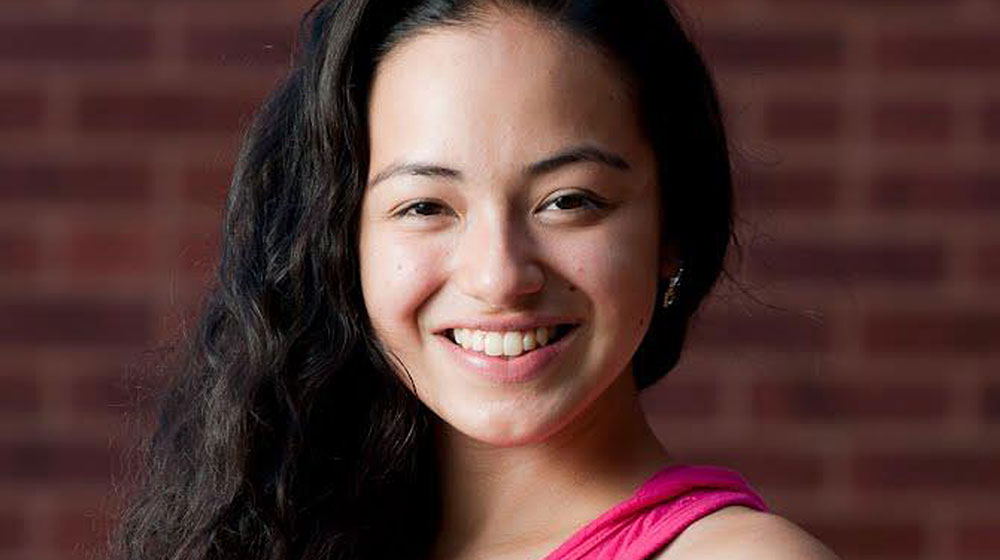archive
Performance shines light on immigration

“Many people have this misconception that, because you’re undocumented or an immigrant, you’re bad,” says Martha Razo, who will perform Friday at Loyola. “It’s really cool that people get to see that being undocumented doesn’t make you different from anybody else.”
By Tanner Walters | Student reporter
On Friday, September 18, Loyola will present the one-woman show My Dream Act: An Immigration History, a collection of monologues about one woman’s life as an undocumented American.
Martha Razo, a senior at the Illinois Institute of Technology, came to the US with her parents as an infant. The oldest and only undocumented sibling of five, Razo’s status was a source of fear and confusion for her. After struggling to learn English as a child, she faced hostility toward her status—even in elementary school.
“I had a teacher tell me that that I needed to go back to my country,” she said. “I was only a third-grader. How do you respond to that?”
Growing up undocumented kept Razo from having access to many resources. When the time came to apply for colleges, she couldn’t file for financial aid. Though she was awarded a scholarship to a prestigious theater program, she was turned away when an admissions counselor learned she was undocumented. After ending up at IIT to study mathematics, Razo felt inspired to use her passion for theater to tell her story and give a voice to undocumented Americans.
In an outreach program called Latinos Progresando, Razo worked with notable Chicago director and producer Cecilie Keenan to get her thoughts on paper. Together, they drew from Razo’s experiences as well as those of others in the community. Razo hopes the play will challenge people’s perceptions.
“Many people have this misconception that, because you’re undocumented or an immigrant, you’re bad. They have all these ideas that [undocumented immigrants] come and take people’s money and jobs,” Razo said. “It’s really cool that people get to see that being undocumented doesn’t make you different from anybody else.”
“I think it’s really great to put a face to the issue,” Keenan said. “We’re not asking anyone to say ‘yes’ or ‘no,’ but we want people to see how hard it can be for immigrants.”
Katherine Kaufka Walts, JD, director of the Center for Human Rights of Children and co-chair of the DREAMer Committee, said Loyola’s Jesuit teachings call on everyone to steward the talents of all students—and not reject them outright because of their immigration status.
“Undocumented students and their families often face tremendous social, financial, and legal barriers,” she said. “This performance is a wonderful opportunity for students and the community to learn more about the lives and experiences of undocumented students seeking higher education.”
The free performance is September 18 at 7 p.m. in the Damen Den on Loyola’s Lake Shore campus. A discussion with Razo and Keenan will follow the show.
The event is co-sponsored by the Ann Ida Gannon Center for Women and Leadership, the Center for the Human Rights of Children, and the Emeriti Faculty Caucus.


